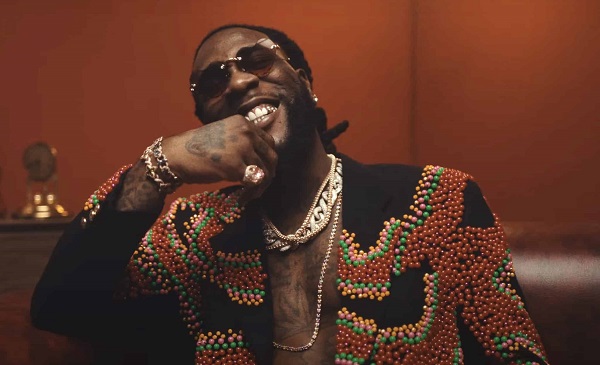
Understanding the Grammy Voting Process

After the 66th Annual Grammy Awards, Nigerians expressed disappointment as their top artists, including Burna Boy and Davido, missed out on wins despite multiple nominations. South African artist Tyla clinched the debut Best African Music Performance award, leaving fans questioning the Grammy voting process.
The voting process begins with submissions, where members and record companies submit recordings released within the eligibility period. Criteria include release dates between October 1 of the preceding year and September 15 of the current year, availability on approved platforms, and adherence to genre categories.
Next comes the screening stage, where over 350 experts ensure submissions meet the criteria and fit into appropriate categories. Entries must be commercially released recordings primarily consisting of music.
During nominations, voting members cast ballots for five nominees per category within their areas of expertise. They also have a say in the six “General Field” categories, such as Record of the Year and Best New Artist.
Voting members, including performers, songwriters, producers, and engineers, play a crucial role in nominations and final winner selection. Applicants must demonstrate a record of professional achievement and active involvement in the recording industry.
Special Nominating Committees review top contenders and ensure nominations align with award criteria, particularly in craft categories like Best Engineered Album.
In the final voting stage, members cast ballots to choose single winners from each category. An independent accounting firm, Deloitte, confidentially tabulates votes to ensure accuracy and integrity.
Winners receive the iconic Grammy Award Statuette at the ceremony, while nominees receive a Nominee Medallion and Certificate. Deloitte’s independent status and expertise guarantee that the results accurately reflect voting members’ choices, maintaining the integrity of the Grammy Awards.
Read more: Kazakhstani and Nigerian Filmmakers Unite for Action Comedy “Adam Bol”
About The Author
Related Articles
Burna Boy, Rema Lead Nigerian Sweep at Afrima 2026
Nigerian artists dominated the 9th All Africa Music Awards (Afrima), which wrapped...
ByWest Africa WeeklyJanuary 15, 2026Burna Boy, Davido, DJ Maphorisa Lead AFRIMA 2026 Race
Africa’s biggest music awards ceremony is shaping up for an intense contest...
ByWest Africa WeeklyJanuary 10, 2026Wizkid Makes History as Africa’s Most Streamed Artist on Spotify
Wizkid has become the first African artist to surpass 10 billion streams...
ByWest Africa WeeklyJanuary 10, 2026Burna Boy Caps Historic Year as Africa’s Most Streamed Artist on Spotify
Nigerian superstar Burna Boy has ended 2025 as the most streamed African...
ByWest Africa WeeklyJanuary 3, 2026











